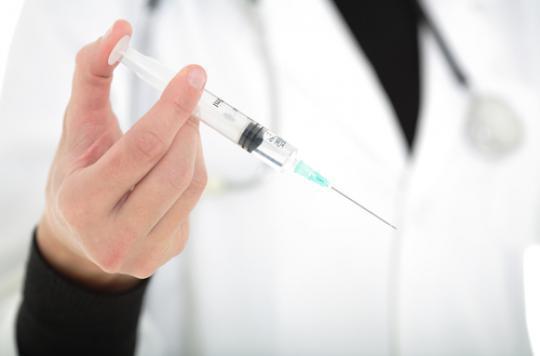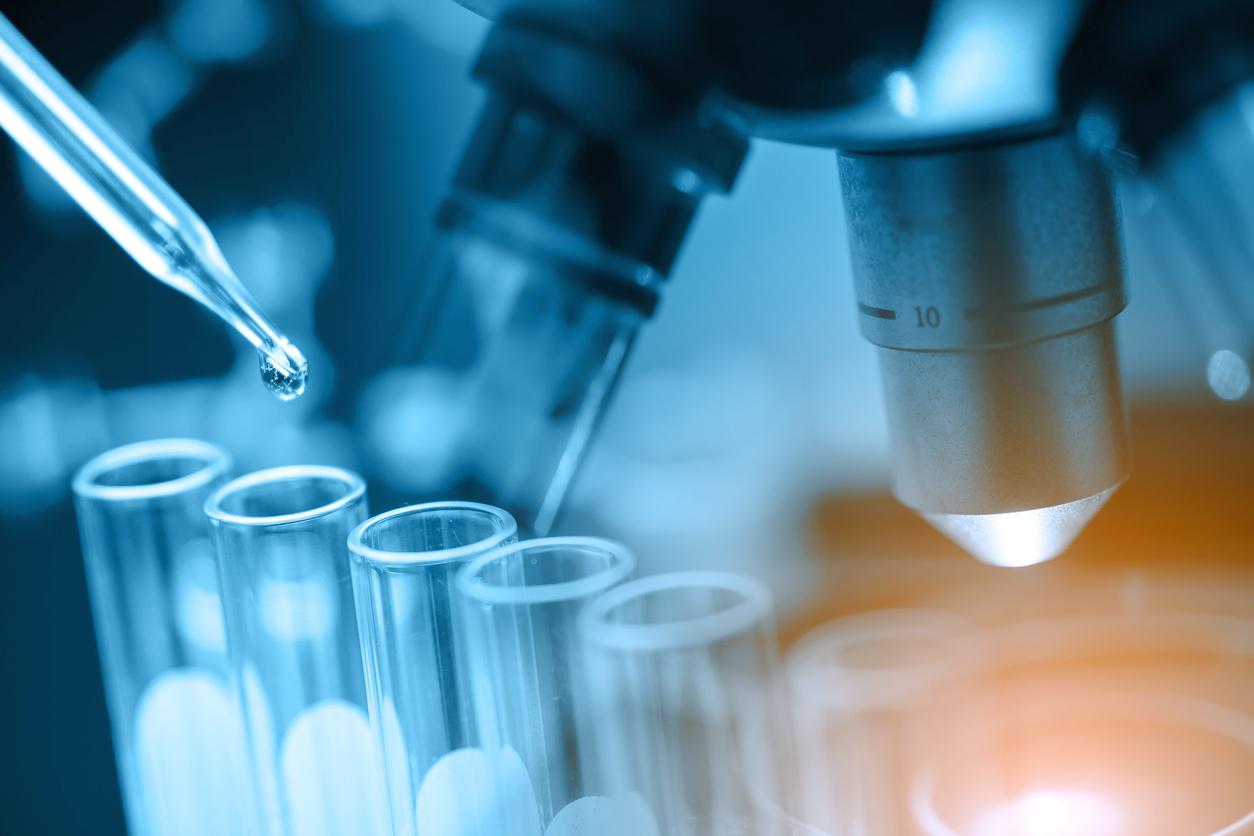The Sanofi Pasteur laboratory will collect $ 43 million from the American authorities. They will finance a trial on the vaccine against Zika.

Twelve pharmaceutical companies have embarked on the battle against the Zika virus. Sanofi Pasteur is undoubtedly the one that benefits from the most massive resources. The vaccines branch of the French group has joined forces with the US government to develop effective vaccination. A fruitful partnership, in view of its latest announcement: the United States has opened the financial floodgates and is granting $ 43 million – or about 38 million euros – to allow the laboratory to conduct its clinical trials.
$ 130 million
Sanofi Pasteur is currently in phase II, that is to say that which aims to test the effectiveness of the product and its optimal dose. The July partnership with the Walter Reed Army Institute for Research, an organ of the Department of Defense, has clearly borne fruit. To give a boost to the work, the Authority responsible for advanced research and development in the biomedical field (BARDA) has released the checkbook.
The Executive Vice President of Sanofi does not hide it, this is good news. “On the basis of this collaboration, we can, together, bring together the essential resources and skills to tackle this public health problem,” says David Loew. It must be said that in total, his laboratory could collect up to $ 130 million by the period of phase III clinical trials.
A precious partnership
Since entering the fray last February, Sanofi Pasteur has undoubtedly taken the lead over its competitors. His experience in vaccines against Flavivirus (dengue, Japanese encephalitis) obviously weighed in the balance. But it is undoubtedly its ability to generate large-scale partnerships that has driven it forward. Its association with the American government has enabled it to recover all the data and techniques developed by public research institutes on the virus (immunological tests, inactivated vaccines, biological samples, etc.). The compensation is modest: the laboratory undertakes in exchange to produce batches for phase II trials, and to optimize its manufacturing process, in order to be more productive at the time of marketing.

.















